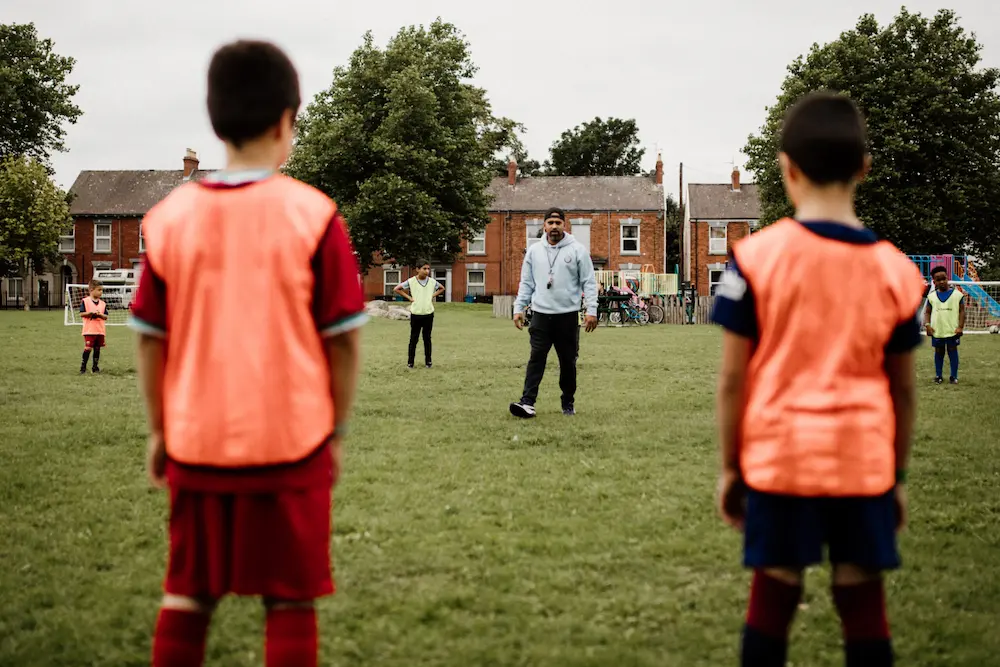Across the UK, an alarming number of children are in dire need of mental health support, with NHS figures revealing that nearly half a million young people are awaiting treatment. As National Social Prescribing Day shines a light on this issue, a pioneering approach called “youth social prescribing” is emerging as a crucial solution.
Traditionally, social prescribing has been used to help adults and older adults combat loneliness and stress through non-medical interventions. However, mental health and emotional well-being have become the most common reasons for referrals among young people. In response, leading youth charity StreetGames has created a Youth Social Prescribing Network, directly supporting children and young people referred to mental health services through physical activity programs that prioritize a “child-first coaching” approach.
Child-first coaching, championed by The Children’s Coaching Collaborative (CCC), focuses on empowering every child’s voice, choice, and journey in sports and physical activity. This approach aims to ensure positive experiences for all young people by leveraging the unique relationships they have with their coaches. It is seen as critical not only for increasing enjoyment and lifelong participation but also for providing particular benefits for young people experiencing poor mental health.
During activity sessions, coaches actively collaborate with young people referred by medical professionals, co-creating activities tailored to their individual needs. By embedding a child-first approach and prioritizing well-being, coaches strive to understand each young person’s unique circumstances and respect their voice.
The number of children referred to emergency mental healthcare within the UK has surged by more than 50% in just three years, underscoring the urgency of this crisis. Inclusive physical activity, delivered by child-first coaches who prioritize well-being, is now playing a vital role in helping young people manage their mental and emotional health.
Hannah Crane, Chair of the CCC and StreetGames Director, reflected on the profound positive impact of this approach: “Youth social prescribing is a significant area where a huge difference is being made for our children and young people. In this form of physical activity, it is even more essential that coaches take a child-first approach, which can potentially help reduce hospital admissions and pressure on the NHS.”
Aysha, a session coach focused on taking a child-first approach, emphasized the importance of treating each child as an individual. “Our ethos is always focused on asking the children what they want to do, having a loose plan in place but knowing that if the plan changes, that’s great because it means the children are doing what they want to do. This makes them much less likely to disengage.”
One young person shared the profound positive effect their coach had on their well-being, saying, “She helped me holistically with my mental well-being by keeping me busy and helping me get out of the house. She played a pivotal role in supporting me as an individual by offering me opportunities to prosper and achieve. Her unwavering encouragement, her genuine care, and her thoughtfulness cannot even be transcended into words.”
As the child mental health crisis continues to escalate, the Youth Social Prescribing Network and the child-first coaching approach offer a beacon of hope, empowering young people to take control of their well-being and find joy in physical activity tailored to their individual needs.
